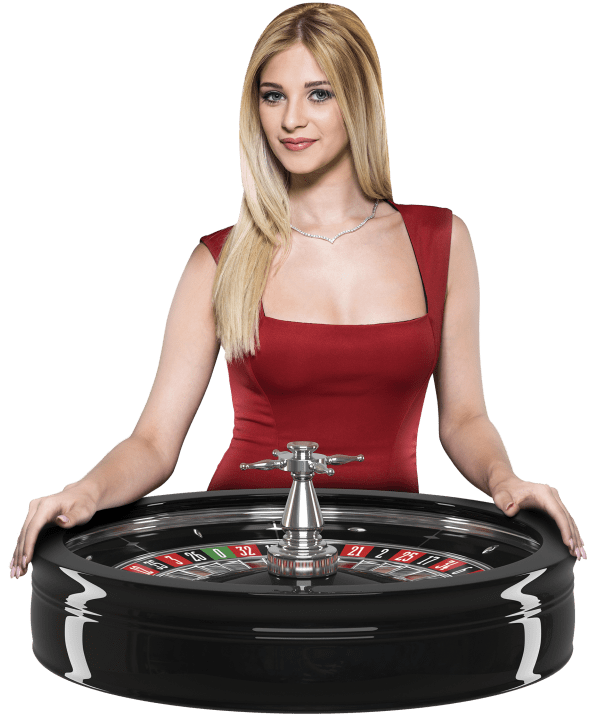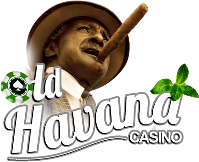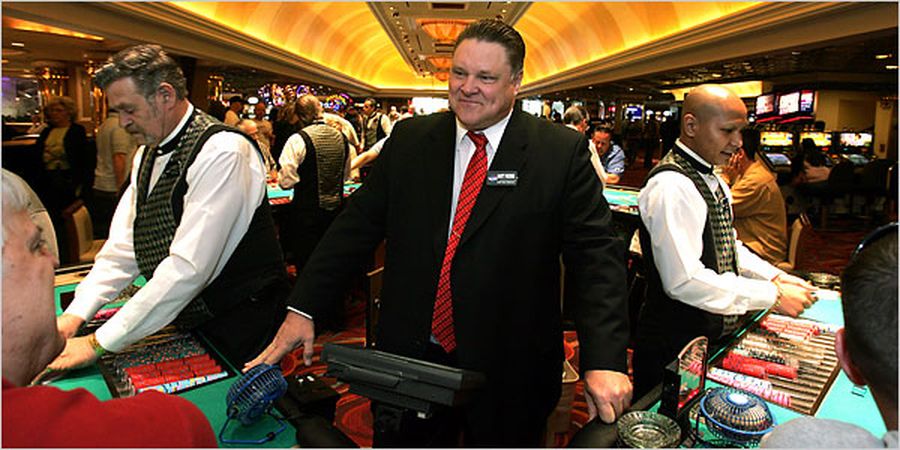 After the sample has been made, you will look for a number with a statistically significant number of occurrences. Based on sound theories propagated by the Belgian gambler and mathematician Pierre Basieux (Roulette, Die Zahmung des Zufalls, Munich, 1992), the expected frequency of a number, if it is truly random, in 800 spins is 33. If the number occurs more than 33 times, the roulette wheel may be biased. The higher the number of occurrences, the greater the potential bias.
After the sample has been made, you will look for a number with a statistically significant number of occurrences. Based on sound theories propagated by the Belgian gambler and mathematician Pierre Basieux (Roulette, Die Zahmung des Zufalls, Munich, 1992), the expected frequency of a number, if it is truly random, in 800 spins is 33. If the number occurs more than 33 times, the roulette wheel may be biased. The higher the number of occurrences, the greater the potential bias.


The best daily bonuses on the internet
Our score:  (4.3 / 5)
(4.3 / 5)

Welcome Bonus
Our score:  (4.2 / 5)
(4.2 / 5)

Welcome Bonus
Our score:  (4.2 / 5)
(4.2 / 5)

Bonus Code: 400BONUS
Our score:  (4.2 / 5)
(4.2 / 5)

Bonus Code: 400BONUS
Our score:  (4.2 / 5)
(4.2 / 5)
If we clock a sample of 800 spins and find that number 6 shows up 34 times, number 13 occurs 35 times and number 16 shows 38 times, we obviously have a much better case for 16 being a biased number than for either 6 or 13. In this situation, the best play would be to start wagering on all three numbers, while continuing to record the spins as they occur. Since each of these numbers has exceeded our target of 33 occurrences in 800 sample, each number should be considered a candidate for occurring more often than randomly.
How easy is it to apply this wheel clocking approach? We have noted that there have been some celebrated successes in using wheel clocking to identify biased wheels.
Allan N. Wilson, in The Casino Gambler's Guide (New York, 1970), recounted his adventure as a young man in trying to beat the wheel. Wilson and a companion, Robert Bowers, sought to emulate other well-publicized successes in wheel clocking. In June 1948, they descended on Harold's Club in Reno to try this approach.
After playing a wheel for 80,000 spins (a month of continuous play) they increased their bankroll from $50 to only $350. At this point, they decided to switch wheels and after a week's play or 20,000 spins, they had lost back $100 of their $300 profit.
The first wheel they picked because they liked its location; the second wheel they picked because the wheel was severely worn and seemed to be a likely candidate for producing biased numbers.
On a later trip to Reno in 1951, the two young men found a wheel which showed considerable promise, and they felt confident that they could win a substantial amount of money. They were enjoying a moderate success wagering on number three when the casino interrupted the game.

Wilson describes what happened in his own words:
"At this point, the pit boss unexpectedly sent a mechanic in to test the wheel. First, he laid a carpenter's level across the rim. The bubble didn't show a true horizontal, so he cranked up the feet of the table until he was better satisfied. Actually, we didn't care a hoot about that because we didn't believe that a slight tilt could affect the success of any number very much. But then he began feeling the metal slots between the numbers. When he came to [our hot] number 3, he got very excited and went running off to tell his boss.
"Meanwhile, we commenced playing at $4 per spin instead of the quarters we had played previously. . . We played for about an hour with the new stakes, rocking up and down, when suddenly the owner himself appeared on the scene. He stopped the action immediately. Then he picked up the ivory ball and conducted his own little test on the wheel. He held the ball against the metal slots, spun the wheel very fast, and listened to the noise that the ball made upon the slots as it went around, ‘Klunk-klunkklunk-ping–klunk-klunk-klunk-ping.’ That was enough for him, and he growled that the mechanic who was responsible for that wheel should be fired. He ordered a new wheel!
"Everybody was stunned, for this was the first time in the history of Harold's Club that the management had ever changed a wheel on any roulette player. It was supposed to be the biggest and most generous club in Nevada. . . Everyone was astonished: the players, the spectators, the dealers, and even the pit bosses. We were utterly crushed, of course, for all our data-taking became useless."
Because of the casino's tactics, Wilson and Bowers won only about $125 on the biased wheel in twenty four hours of straight play!
These young men spent a considerable amount of time and energy to come away with very meager winnings. Just how realistic is wheel clocking for the average player? Is there a way to benefit from this knowledge without undergoing the ordeal of Wilson and Bowers? Surprisingly, there is different approach relying on normally occurring variations in the results of roulette spins which will give you a greater advantage than wheel tracking and is much easier to use.